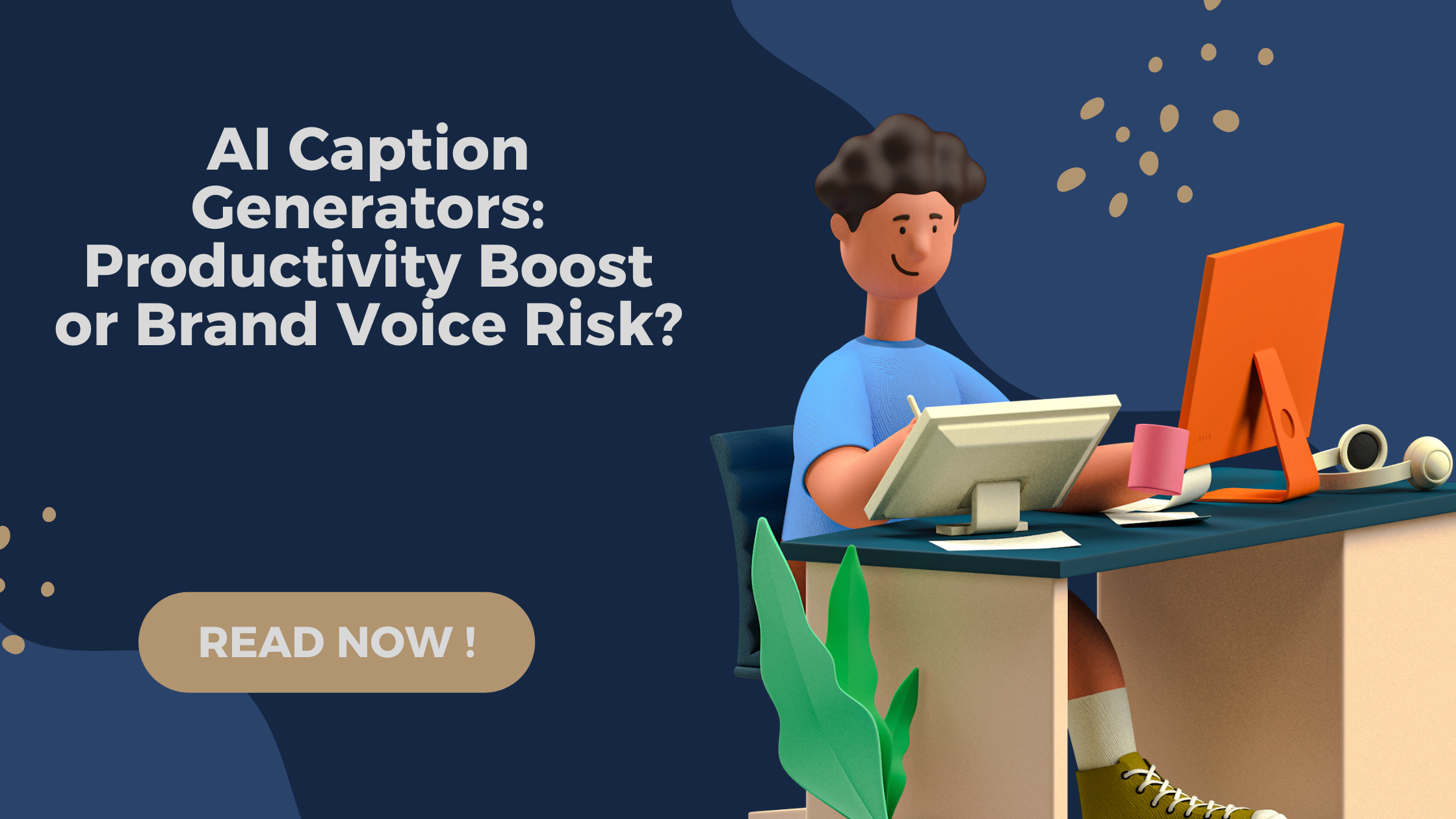Table of Contents
- Introduction: The Shift from Traditional SEO to GEO
- What is Generative Engine Optimization?
- How AI-Powered Search Engines Work
- Key Differences Between GEO and SEO
- Why GEO Matters in 2025 and Beyond
- The Role of LLMs in Search: ChatGPT, Gemini, and More
- GEO Ranking Signals: What Matters Now?
- Crafting GEO-Friendly Content: Best Practices
- Structured Data & Semantic Markup in GEO
- Content Hubs, Entities, and Topical Authority
- Tools and Platforms Supporting GEO
- Case Studies: Brands Winning in AI-Driven Search
- Common Mistakes to Avoid in GEO Strategy
- FAQs
- About Rahul Sinha Digital Solutions (RSDS)
- Suggested Reading (10 Sources)
- Conclusion: Future-Proofing Your Brand in the Age of AI
The Shift from Traditional SEO to GEO
Search engines are no longer just about indexing pages and ranking keywords. With the rise of AI-powered search models, like Google’s SGE and Bing’s integration with ChatGPT, the traditional search behavior has fundamentally changed. Users are now receiving AI-generated answers, not just links.
What is Generative Engine Optimization?
GEO is the process of optimizing content to rank and be featured within AI-generated responses by search engines powered by large language models (LLMs). It extends beyond classic SEO into entity recognition, intent modeling, and answer summarization.
Goal: Appear as a source or citation in AI answers, even if there are no blue links involved.
How AI-Powered Search Engines Work
AI search engines use:
- Large Language Models (LLMs) to generate natural language answers.
- Entity recognition and vector databases to understand deeper relationships between topics.
- Contextual indexing to match user queries with topic clusters.
Example: Instead of listing links for “best budget cameras 2025,” AI may summarize 5 recommendations using content from various sources.
Key Differences Between GEO and SEO
| Metric | Traditional SEO | GEO |
| Goal | Rank in SERPs | Be referenced in AI answers |
| Focus | Keywords, backlinks | Entities, context, structured data |
| Format | Blog posts, landing pages | Conversational snippets, topic clusters |
| Tooling | Google Search Console, Ahrefs | SGE, ChatGPT, Perplexity AI |
Why GEO Matters in 2025 and Beyond
- 60% of Gen Z use AI tools over Google for initial queries
- AI answers reduce click-throughs, making brand visibility harder
- Featured sources become trusted authorities in the AI era
The Role of LLMs in Search: ChatGPT, Gemini, and More
- ChatGPT (OpenAI + Bing): Includes citation links in responses
- Gemini (Google): Summarizes content with limited outbound links
- Perplexity AI: Uses conversational search and rich linking
Optimizing for GEO means ensuring your content is structured and relevant enough for these engines to cite.
GEO Ranking Signals: What Matters Now?
| Factor | Importance |
| Topic authority | High |
| Internal linking | Medium |
| Schema markup | High |
| Original research/data | Very High |
| Trust indicators (E-E-A-T) | Essential |
Crafting GEO-Friendly Content: Best Practices
- Answer Questions Directly: Structured Q&A formats
- Optimize for Entities, Not Just Keywords
- Include stats, original examples, or case studies
- Use headings and short paragraphs for easier AI parsing
- Update frequently to stay relevant
Structured Data & Semantic Markup in GEO
Implement schema types like:
- Article
- FAQ
- HowTo
- Product
Use schema to help LLMs interpret your content contextually.
Content Hubs, Entities, and Topical Authority
Build content hubs around high-priority topics:
- Interlink subtopics
- Use consistent terminology (entities)
- Reference credible sources
This helps LLMs see your site as an authoritative source in a specific domain.
Tools and Platforms Supporting GEO
- InLinks – Entity-based optimization
- SurferSEO – Content structure suggestions
- Frase.io – Optimized AI-driven outlines
- ChatGPT – Query simulation testing
- Google SGE Preview – Live test of AI snippets
Case Studies: Brands Winning in AI-Driven Search
- NerdWallet: Known for structured, finance-related content
- HubSpot: Dominates AI citations for marketing terms
- WebMD: Appears in health-related AI snippets
Each built content ecosystems optimized for clarity, structure, and authority.
Common Mistakes to Avoid in GEO Strategy
- Relying only on keyword density
- Ignoring structured data
- Thin or shallow content
- Failing to update old pages
- Lack of entity consistency across pages
FAQs
Q1: Can GEO replace SEO?
No — GEO complements SEO. You need both to maximize visibility across traditional and AI-powered platforms.
Q2: How do I know if my content appears in AI answers?
Use tools like Perplexity AI, ChatGPT, and SGE previews to simulate queries.
Q3: Is GEO only for blogs?
No — it applies to product pages, documentation, videos, and even voice-based content.
Q4: Does backlinking still matter in GEO?
Yes, but context and trustworthiness carry more weight in AI models.
RSDS is a performance-first digital marketing agency helping brands thrive in a changing search landscape. We specialize in:
- GEO and AI-optimized content strategies
- SEO & technical audits
- Content marketing & topical hub creation
- Paid & organic campaign management
Ready to future-proof your digital visibility? Let RSDS help you adapt to the era of AI search. Visit rahulsinha.in
Suggested Reading (10 Sources)
- “Google’s Search Generative Experience” – Search Central Blog
- “Entity-Based SEO” – InLinks
- “Optimizing for AI Search” – Moz Blog
- “The Future of SEO is GEO” – Neil Patel
- “What is Topical Authority” – SEMrush
- “ChatGPT and SEO” – HubSpot Blog
- “Structured Data for SEO” – Google Developers
- “Understanding E-E-A-T” – Search Engine Journal
- “How Perplexity AI Cites Sources” – Medium
- “SurferSEO for GEO Content” – Surfer Blog
Future-Proofing Your Brand in the Age of AI
Generative Engine Optimization is not a buzzword — it’s the new battleground for visibility in an AI-dominated search landscape. By adapting your content strategy for LLMs and understanding the evolving signals that matter, you position your brand to stay ahead of the curve.
The era of GEO is here. The question is: will your content be part of the conversation?
Written by the RSDS Content Team





